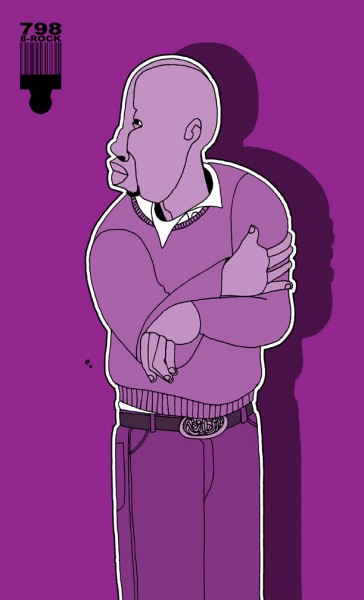I loved being a child. At the time, I wouldn’t have put it into quite those words. I just knew I was happy. Whenever I’m around my nieces, or whenever I see happy children around the city, it reminds me of some of the things that are so wonderful about being a kid.
This little boy, sitting on his father’s shoulders, is a perfect example. He’s not worried about falling off, because he has that wonderful feeling of perfect safety and protection to which only children have access. Looking back, it’s one of the things that I cherish most about my own childhood. I never felt unsafe, because my dad and my mom created a wonderfully protected space for my me and my brother. It was the perfect place in which to grow and explore the world around us. We had just enough freedom to challenge ourselves, and just enough restrictions to keep us from encountering anything that bigger than a pair of happy-go-lucky, bookish kids could handle.
Of course, I was well into graduate school before I realized that having the time to grow up at my own pace was a gift. It was then that I finally began to appreciate the work and the intentionality that my parents brought to the task of raising children–I think that realization marked the moment when I became a real adult. It was also the moment when I began to understand the true meaning of unearned privilege.
One day, the kid in this drawing will have the same realization, and his dad will be able to feel proud that he raised an African American man who takes nothing for granted.
Ajuan Mance









